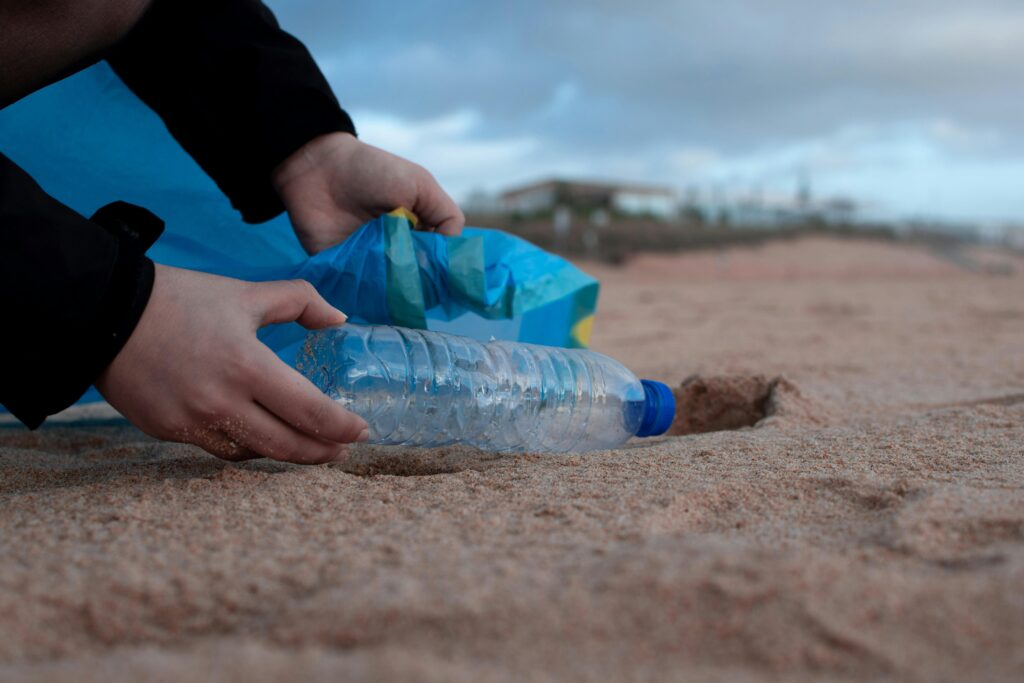As an Amazon Associate, I earn from qualifying purchases.
How Much Does a Water Bottle Weigh?

Water bottles are ubiquitous in our daily lives, accompanying us everywhere from the gym to the office, and even on outdoor adventures. But have you ever stopped to wonder how much a water bottle actually weighs? Understanding the weight of a water bottle can be surprisingly important for various reasons, whether you’re planning a backpacking trip or simply trying to reduce your environmental footprint.
Factors Affecting Water Bottle Weight
The weight of a water bottle can vary depending on several factors, including the material it’s made from, its size and capacity, and any additional design features.
Material of the Bottle

Water bottles can be made from a variety of materials, each with its own weight characteristics. Plastic bottles tend to be lightweight, making them convenient for everyday use. Stainless steel bottles, while more durable, are typically heavier due to the nature of the material. Glass bottles, though less common, provide a more eco-friendly option but can be heavier and more fragile.
Size and Capacity
The size and capacity of a water bottle also play a significant role in determining its weight. Larger bottles designed to hold more water will naturally weigh more than smaller ones. Additionally, bottles with thicker walls or insulation to keep drinks hot or cold may be heavier than their standard counterparts.
Design Features
Certain design features, such as built-in filters or infusers for adding flavor to water, can add extra weight to a water bottle. While these features may enhance functionality, they can also contribute to a heavier overall weight.
Average Weight of Common Types of Water Bottles
On average, plastic water bottles weigh between 10 to 25 grams for smaller sizes and up to 100 grams for larger ones. Stainless steel bottles typically range from 150 to 300 grams, depending on their size and construction. Glass bottles, being denser, can weigh anywhere from 300 to 600 grams or more.
Importance of Knowing the Weight
Knowing the weight of a water bottle can be crucial for various purposes, including travel, fitness, and environmental considerations.
Travel and Backpacking
When traveling or hiking, every gram counts. Opting for a lightweight water bottle can help reduce the overall weight of your pack, making it easier to carry over long distances. Additionally, knowing the weight of your water bottle allows you to plan your hydration strategy more effectively, ensuring you have an adequate supply without overburdening yourself.
Fitness and Sports
For athletes and fitness enthusiasts, the weight of a water bottle can impact performance during workouts. Carrying a heavy bottle can be cumbersome and distracting, whereas a lighter option may allow for greater mobility and comfort during exercise.
Environmental Impact
In an era where sustainability is paramount, understanding the weight of your water bottle can also have environmental implications. Choosing a lighter, reusable bottle over single-use plastic ones can help reduce plastic waste and minimize your carbon footprint.
Tips for Choosing the Right Water Bottle
When selecting a water bottle, consider your specific needs and preferences to find the perfect balance between weight and functionality.
Lightweight Options for Hiking and Outdoor Activities
If you’re an avid hiker or outdoor enthusiast, prioritize lightweight bottles made from materials like BPA-free plastic or lightweight aluminum. Look for slim, streamlined designs that won’t weigh you down on the trail.
Durable Options for Everyday Use
For everyday use, opt for a water bottle that strikes a balance between durability and weight. Stainless steel bottles offer excellent durability and insulation properties without being excessively heavy. Look for models with sleek, ergonomic designs for maximum comfort and convenience.
Conclusion

In conclusion, the weight of a water bottle is more than just a trivial detail—it can significantly impact your daily activities and lifestyle choices. By understanding the factors that influence water bottle weight and considering your specific needs and preferences, you can choose the perfect bottle to accompany you on all your adventures, whether big or small.
FAQs (Frequently Asked Questions)
Why is it important to know the weight of a water bottle?
- Understanding the weight of a water bottle can help you choose the right one for your needs, whether you’re traveling, exercising, or concerned about the environment.
What are the lightest materials for water bottles?
- BPA-free plastic and lightweight aluminum are among the lightest materials commonly used for water bottles.
Can the weight of a water bottle affect my workout performance?
- Yes, carrying a heavy water bottle during workouts can be cumbersome and distracting, potentially impacting your performance.
Are glass water bottles heavier than plastic or stainless steel?
- Yes, glass water bottles are typically heavier due to the density of the material.
How can I reduce the weight of my backpack for hiking trips?
- Choosing lightweight gear, including a lightweight water bottle, is essential for reducing the overall weight of your backpack.
As an Amazon Associate, I earn from qualifying purchases.
Leave a Reply